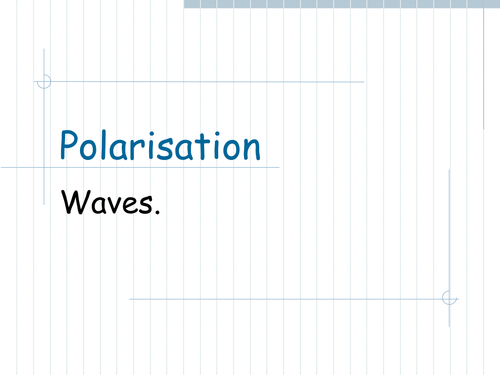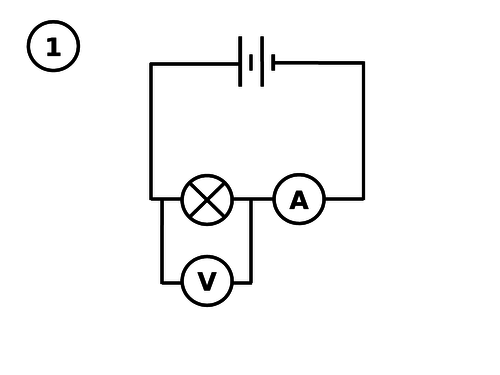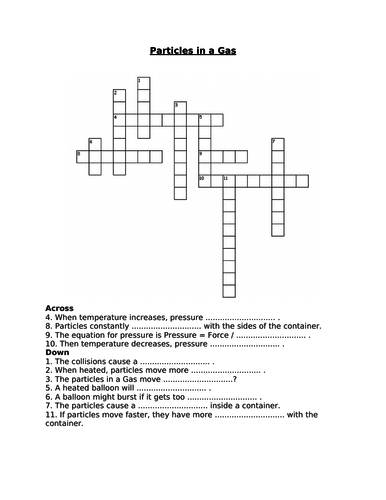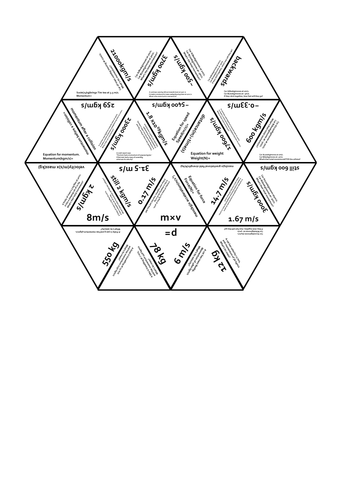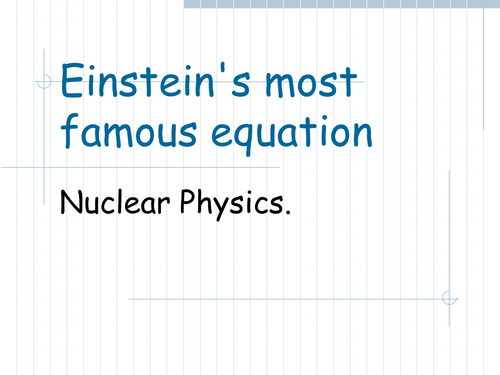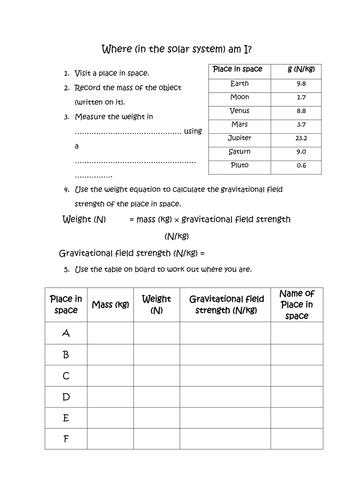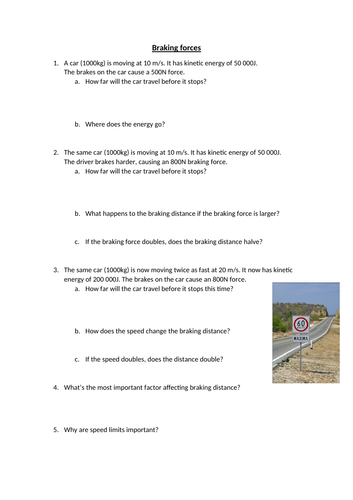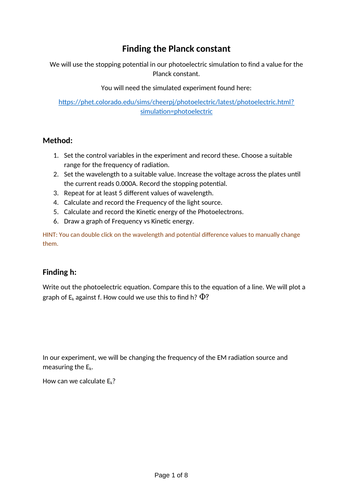
87Uploads
59k+Views
11k+Downloads
Physics

Kirchhoff's whispers (a circuit building game)
Put pupils into 6 groups at 6 stations round the room.
Pupils are given a card with a circuit diagram on it, they must build the diagram and then flip over the card.
At the next station, they have to draw the circuit diagram and then take apart the circuits.
At the next station they have to build the circuit based on the diagram they see, then throw away the diagram.
They game continues for as long as you want it to!
This assesses and develops their circuit building and drawing skills.
It also shows them why it's so important to draw circuit diagrams carefully.
I've printed this double sided, then laminated so that they can draw the circuit on the back in whiteboard pen.
Enjoy!
Please review!

Particle motion in a gas crossword
A crossword puzzle on motion of particles in a gas. This includes the idea that gases cause pressure, and the effect of temperature.
Bundle

A-level Physics waves bundle
Some lessons from the waves topic in A-level Physics,
including Interference, young's double slit, diffraction, stationary / standing waves and polarisation

Particle guess who
Classic Guess who game but with subatomic particles.
Students can practise using key terms like baryon, meson, hadron, lepton, anti-matter, charge, quark etc

Momentum jigsaw puzzle
A giant puzzle using momentum equations.
Students cut out all the triangles, then match up solutions and questions to make a giant hexagon.

Mass defect and binding energy
My lesson on mass defect and binding energy.
Talks them through the equation and how to use it.

Where in space am I?
A worksheet on gravity and weight.
This includes a technician guide. Students weigh different objects which are labelled with their mass. They then try and work out which planet they are on using the W=mg Weight, mass, gravitational field strength equation.
Bundle

Forces resources
Some resources on the forces topic. Could be used for KS3 or GCSE.
This includes a Forces true/false introduction worksheet, a balancing forces worksheet, a rockets forces worksheet and a worksheet on the Weight equation in Space.

Braking forces worksheet - Work done against friction
A worksheet on braking forces. These reinforce the Work done equation as pupils calculate the stopping distance for cars moving at different speeds.
There are also some questions on where the energy goes and the affect of speed on braking distance.
Answers are also included.

Atoms true or false
This is a true/false activity to introduce atoms. It includes 10 questions to get your students thinking about the size of atoms, and their structure.
I’ve used this in KS3 to introduce the atom, and right through to year 11 as a recap of previous knowledge.

Finding the Planck constant using Photoelectric Simulation
This worksheet allows pupils to use the stopping potential and wavelength found using the Photoelectric effect simulation, to draw a graph of kinetic energy against frequency and find a value for the Planck constant. They could also find the work function of the material using the y-intercept.
There is even a past paper question linked to the practical to encourage them to think about uncertainty.

How to Draw a Graph in Excel - Practical endorsement
A how-to guide for drawing a line graph in Excel.
This includes range bars and can therefore be used for creating graphs used during practicals up to A-level.
I use this for my A level groups during one of the required practicals. This could be used for CPAC 5 to show data processing through software.

Physics equations help sheet
I use this as a poster, but this could also be shared with pupils.
The sheet gives advice about how to answer equation questions including using prefixes required for GCSE.

